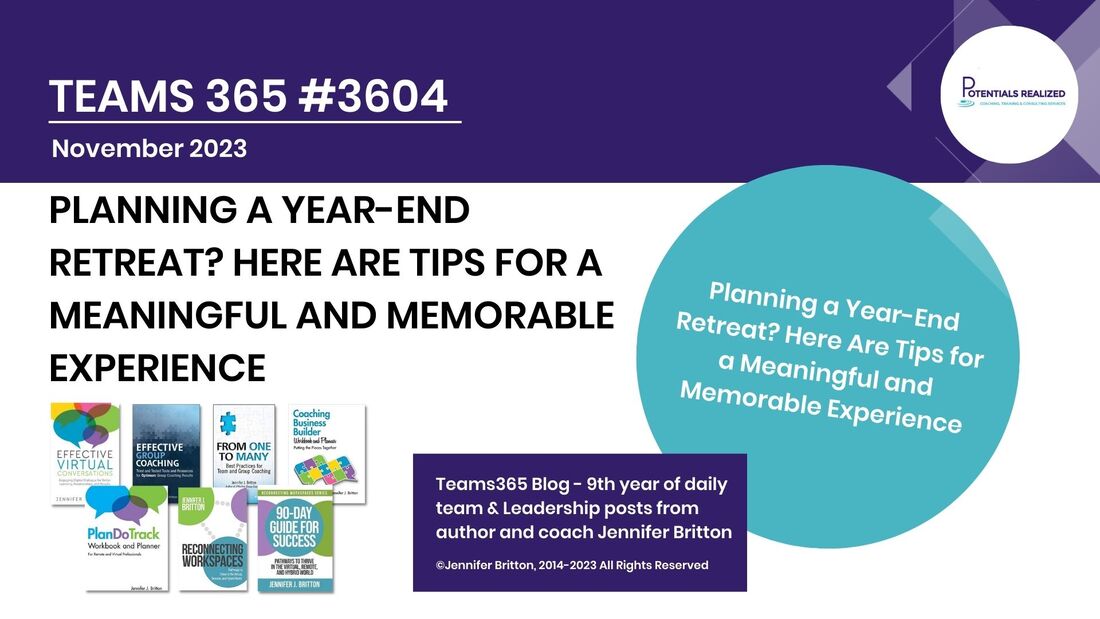1. Define Your Objectives:
Before planning any activities, clearly define your retreat's objectives. Do you want to reflect on the year's achievements and challenges, set goals for the coming year, or simply unwind and bond as a team? Knowing your objectives will guide your planning.
2. Choose the Right Location:
Select a location that aligns with your objectives. It could be a serene countryside retreat, a beachfront resort, or a cozy cabin in the woods. The location should provide the right atmosphere for relaxation and reflection.
3. Plan an Agenda:
Create a well-structured agenda that balances work and play. Include activities like team-building exercises, goal-setting sessions, and time for personal reflection. Ensure the schedule is flexible to accommodate changes or spontaneous group activities.
4. Include Mindfulness Activities:
Incorporate mindfulness activities like meditation, yoga, or guided relaxation. These practices can help attendees relax, reduce stress, and foster a sense of well-being.
5. Reflect on the Year:
Dedicate time to review the past year's achievements and challenges. Encourage participants to share their successes and learnings. This reflection can provide closure to the year and set the stage for a fresh start.
6. Set SMART Goals:
For the upcoming year, help your group set specific, measurable, achievable, relevant, and time-bound (SMART) goals. This exercise can provide focus and direction for the future.
7. Foster Team Bonding:
Organize team-building activities that promote trust and collaboration. Whether it's a ropes course, trust falls, or problem-solving challenges, these activities can strengthen team bonds.
8. Encourage Open Discussions:
Create an environment that encourages open and honest discussions. Allow participants to share their thoughts and feelings, provide feedback, and suggest improvements for the upcoming year.
9. Fun and Relaxation:
Don't forget to include time for relaxation and fun. Plan social activities, games, and free time for participants to unwind and enjoy themselves.
10. Capture Memories:
Document the retreat with photos and videos. You can create a scrapbook, video montage, or other keepsakes to remind everyone of the valuable experiences and connections made during the retreat.
11. Plan Ahead:
Ensure that all logistical details, such as accommodations, meals, and transportation, are well-planned and communicated in advance. A well-organized retreat allows participants to focus on the experience rather than logistics.
12. Follow-Up:
After the retreat, schedule follow-up sessions to check on progress and hold participants accountable for the goals and action items they set during the retreat.
A year-end retreat can be a transformative and inspiring experience, setting a positive tone for the coming year. By carefully planning your retreat, setting clear objectives, and fostering meaningful connections, you can create a memorable event that helps your group reflect, recharge, and prepare for the challenges and opportunities that lie ahead.

 RSS Feed
RSS Feed





